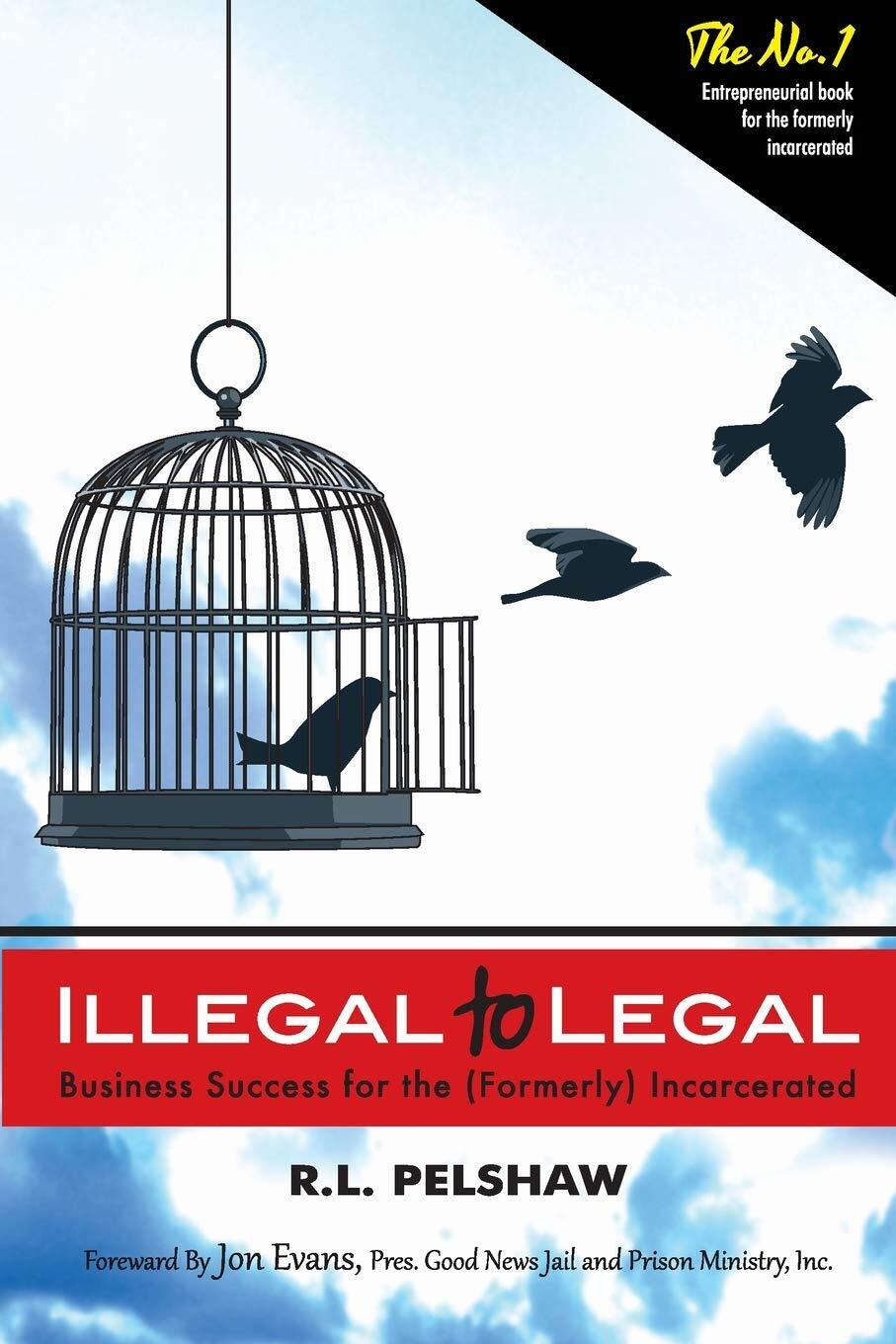In a recent article, I offered my thoughts on the impact of President Obama’s executive order to “Ban the Box. But what are the practical applications of it for returning citizens who are looking for jobs? Felons are often faced with the difficult choice of how much to say about their past and when to say it.
Banning the Box doesn’t mean an employer can’t ask about your criminal history. If you want to succeed in your job search, you need to be prepared to properly address your criminal history on job applications, and in interviews.
Given that so many employers discriminate against someone with a criminal history, I’ve been asked if you should simply lie about the criminal history on the job application. Perhaps, but if (or when) your employer finds out, they will fire you for lying on the job application. I recommend if you are within a year after being released, that you answer the criminal history question by saying “yes, but bondable.” The employer will always ask what that means. They will automatically assume that if you are bondable then your criminal offense must not be that bad.
The federal government provides free fidelity bonds for employers hiring felons out of prison a year or less. These bonds are easily available at bonds4jobs.com and provide a form of free insurance to employers.
Now you have their attention. Here is how to use it to your advantage:
Have you ever heard of an “elevator pitch?” That is a short sales pitch designed to explain the benefits and strengths of a product, given in about the time it takes to ride and elevator. Felons applying for jobs need to have two elevator pitches practiced and ready to use on a new employer.
Certainly you’ve seen it on TV where a doctor tells someone bad news. They aren’t emotional, but they plainly and directly say the bad news without explanation, detail, or apology. They do follow up the bad news with a solution or a course of action that is short and direct. Your first “elevator pitch” should mention your charge, the fact that you’ve served time, and that you have taken responsibility and put your past in the past. If you’re on probation, include that as an advantage to the employer since they will have an outside party with a vested interest in making sure you are the best worker they ever had.
Most people believe in second chances. You need to convince them that even though everybody isn’t ready for a chance, you are. Have specific examples of how you changed and what you learned inside your first elevator pitch.
Assume you were just asked “do you have any criminal history.” Here is an example of an elevator pitch designed to deal with criminal history:
Yes, unfortunately, I, like 100 million other Americans, do have a criminal history. The fact that nearly 30% of us have one show that we all have a past, right? I assure you my past is in the past. I made mistakes, but I took responsibilities for them, and paid for them. This is how I put my past in the past: (insert short, personal accomplishments, changes, etc.)
The second elevator pitch should include the things that make you an outstanding worker, and why the employer should hire you. Also, mention the federal work opportunity tax credit that is easily available if they hire you. Many employers have achieved great bottom line success, and enjoyed committed and loyal workers, by hiring ex-felons. It’s your job to simply inform them of this in a way that makes them want to hire you.
Here is an example of an elevator pitch designed to highlight your benefits as a worker, if you have relevant work experience:
I understand you are looking to hire a person with the following skills (insert skills the employer said they wanted for the job, and then briefly tell them how you have them).
Here is an example of an elevator pitch designed to highlight your benefits as a worker, if they know about your criminal history, or if you don’t have much work experience:
Yes, I may not be the most experienced applicant you are considering, but I promise you, I’m the most dedicated applicant. Not having much experience means I’m a clean slate that doesn’t carry the baggage of bad work habits you need to retrain. That doesn’t make me a risk, it makes me an asset. I will be the hardest worker you’ve ever seen, and I learn fast. I’ll be on time, with a great attitude, and never complain about things. I will appreciate the chance you’ve given me to prove my benefits to you. You will have gained my loyalty, respect, and gratitude. When is the last time you hired someone who truly appreciated the chance to work? I’m that person! I come with a tax credit to help subsidize my wages, and a fidelity bond to eliminate any risk or concern you may have for hiring me. So what do you say? Are you willing to give me a chance?
Of course, these are examples of elevator pitches. You will want to put them in your own words, tailored for your own circumstances. Then practice them until they sound natural, and not rehearsed. Good luck!



